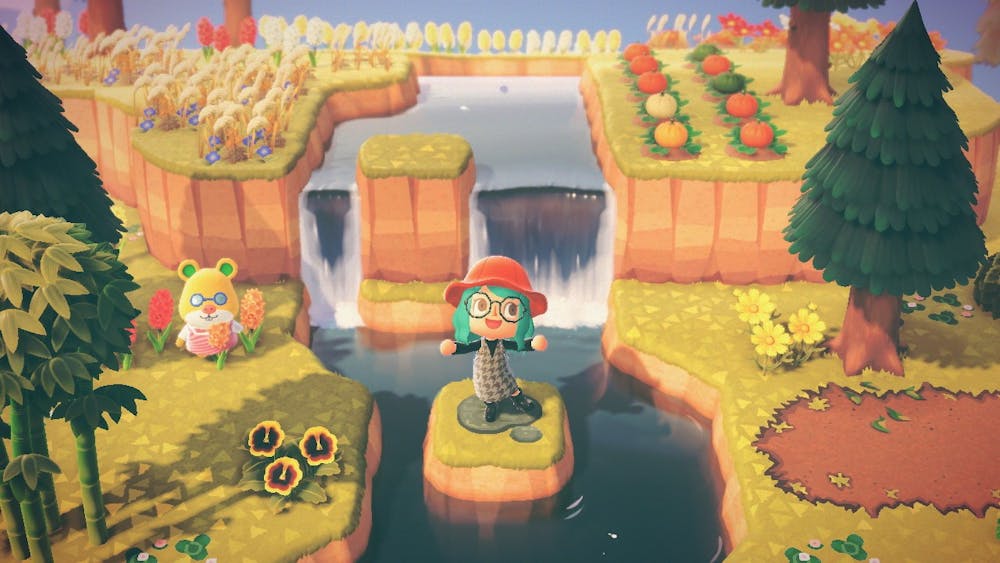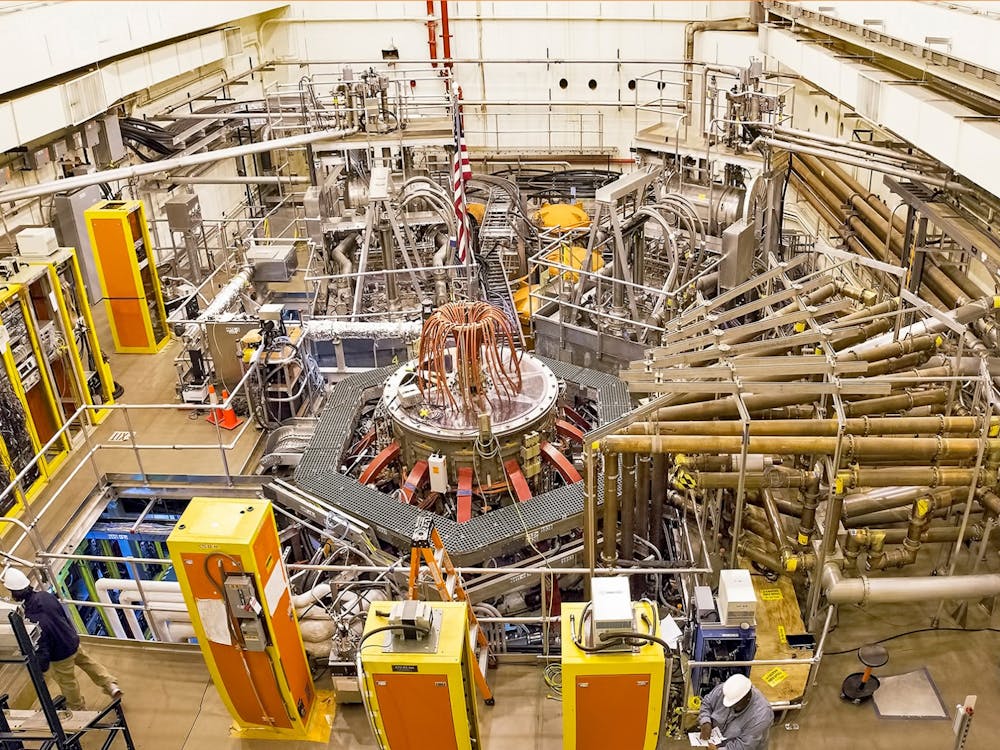Everyone has their own approach for taking care of their mental well-being. When Animal Crossing: New Horizons came out this past March, I thought the game would be a perfect counterbalance to the stresses of a wildly uncertain year. The game’s premise was inviting enough: led by an entrepreneurial “tanuki,” the Japanese word for racoon-dog, the player is able to take part in a once-in-a-lifetime island getaway where they can design their own island and live in harmony with a collection of cute animals.
I cannot stress this enough: I absolutely love this game. But instead of becoming an outlet for my stress, I found that the New Horizons allowed me to repackage it under the facade of playing a video game. Unlike Mario Kart and Among Us, where games can be completed in a relatively short amount of time, New Horizons demands constant, continuous attention. This is partly because the player has to juggle a multitude of daily tasks in order to progress in the game. Talking to villagers, planting trees, watering flowers, picking fruit, digging up weeds, and a plethora of other menial tasks allow the player to access NookMiles, a currency that gives the player access to even more game features. As I was drawn into this positive feedback loop, I felt obligated to focus on finishing tasks in the name of productivity, rather than pure enjoyment.
The other reason stems from the fact that the game operates in real time. As a result, the player is required to return throughout the day in order to find certain items they need to craft items, fill the island museum, and make money. After hours of shaking trees and digging up rocks, I found myself pulled back into the game just so I could catch an insect that only appeared after 9 p.m. or to search the surrounding ocean for a rare creature.
Working in conjunction with these menial tasks is the ever-looming threat of designing your island. One of Animal Crossing’s best features is also its greatest point of frustration. My perfectionistic tendencies quickly began to take over. As I attempted to shape my island into a “cottagecore” paradise, I was constantly unsatisfied with my work. My plain isle was eons behind the picturesque islands I had seen on the internet; it seemed as if they had decorated with an eye for detail I simply lacked. I became fixated on the parts of my island I didn’t like, spending days redoing these sections only to dislike the final result even more. Instead of feeling refreshed after taking a supposed mental break, New Horizons made me feel even more tired.
The mentalities enabled through Animal Crossing: New Horizons are certainly found in life beyond the video game. It may seem as if every little detail must be perfect in order for you to feel as if you have accomplished something. Or maybe the threat of not being “productive enough” constantly simmers in the back of your mind. Whether you’re playing Animal Crossing or not, this desire for perfection often comes at the expense of what is supposed to be a truly relaxing experience. Since college started, I’ve had to significantly cut back on New Horizons. Though I miss my villagers, the break has helped me understand the extensive nature of my unhealthy habits, but also — amazingly enough — that I don’t need to constantly play Animal Crossing. Instead, I can fully enjoy the moments when I do play, unbridled by the need to improve my island.
Sometimes a little distance — even from the things you love — provides just enough perspective.








